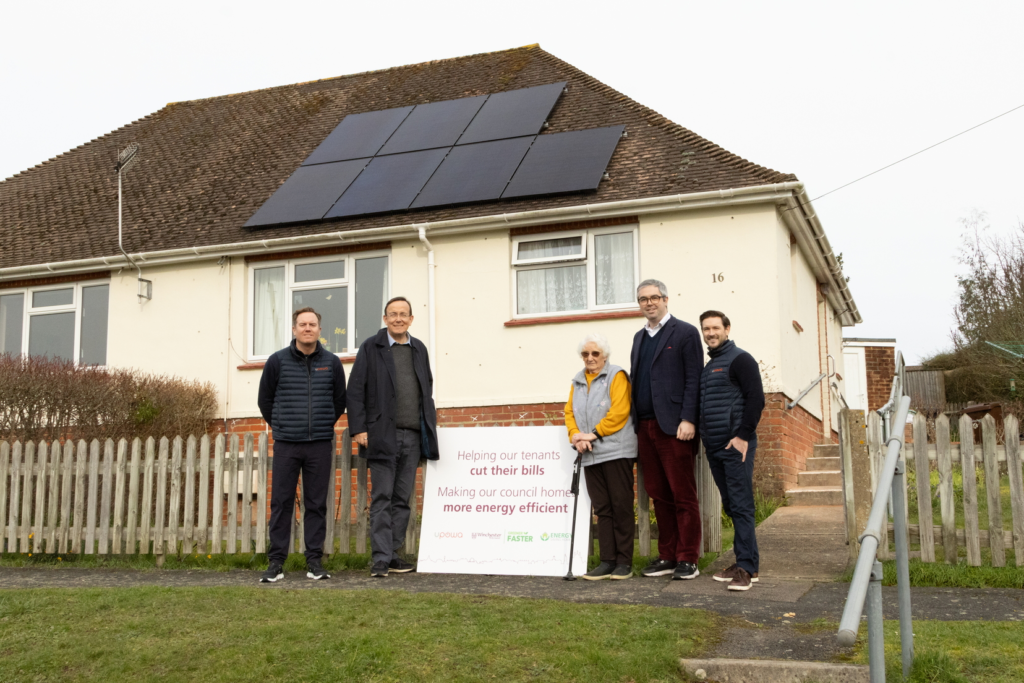The Government hopes to usher in an ‘age of renewal’ with artificial intelligence powering a tech-first public sector, but expanding digital infrastructure means adding pressure on an embattled network.
Labour’s first artificial intelligence growth zone will be located close to Abingdon reservoir, area of water-stressed South East England.
The site was supposed to help help plug the increasing strained regional water supply, but critics have now pointed to the increased burden that will be placed on the facility if plans go ahead.
Datacentres which power AI consume vast amounts of energy – with emissions targets already unlikely to be met within current growth projections. However, they also require huge volumes of water in order to drive cooling towers, which prevent overheating and eventually a system-wide shutdown.
For every kilowatt of energy required by AI at Microsoft’s global data centres, for example, between 1.8 and 12 litres of water will be needed to maintain normal functions. One 2023 study suggests that by 2027 artificial intelligence could be using up 6.6billion cubic metres of water worldwide each year. This is around two-thirds of Britain’s annual consumption.
‘While communities will face heatwaves, droughts and water shortages over the coming decades, this strategy locks us into pumping huge amounts of water into AI datacentres,’ said Adrian Ramsay MP, Green Party co-leader. ‘One estimate said AI-related infrastructure may soon consume six times more water than Denmark, a country of 6 million people. What will this mean for residents in water-stressed communities like Culham in Oxfordshire?’
Last week, Responsible Investor reported on a rise in tech giants and data centre operators being hit with shareholder proposals on the environmental impact of AI and associated infrastructure run by tech giants including Alphabet – Google’s parent company – and Digital Realty Trust, a firm which deals with data centre investments.
Google’s own 2024 Environmental Report shows emissions across the entire company have increased by 13% year-on-year., and 48% compared with the 2019 greenhouse gas target year. Among other things, investors want to see contingency plans and scenario analyses of factors that could negatively impact environmental progress.
‘This resolution speaks to the need for more transparency on how Alphabet will continue to stay on course with its climate change strategy,” Marcela Pinilla, Director of Sustainability at Zevin Asset Management, told Responsible Investor of a resolution issued to the tech giant. A second proposal has also been filed for Digital Realty Trust to report on quantitative water use. The company operates 3oo sites across the globe.
‘While Digital Realty Trust states it is ‘designing and constructing sustainable data centres that use less water and energy to operate, investors do not have access to a clear timeline or plan toward mitigating managing water-related risks,’ said the resolution.
More on data management:
‘No negotiations with cybercriminals’: UK council ransomware payment ban proposed
A year of open data in the West of England Mayoral Combined Authority
‘Must do better’: Information Commissioner on public sector data breaches
Image: NASA via Unsplash


















Leave a Reply